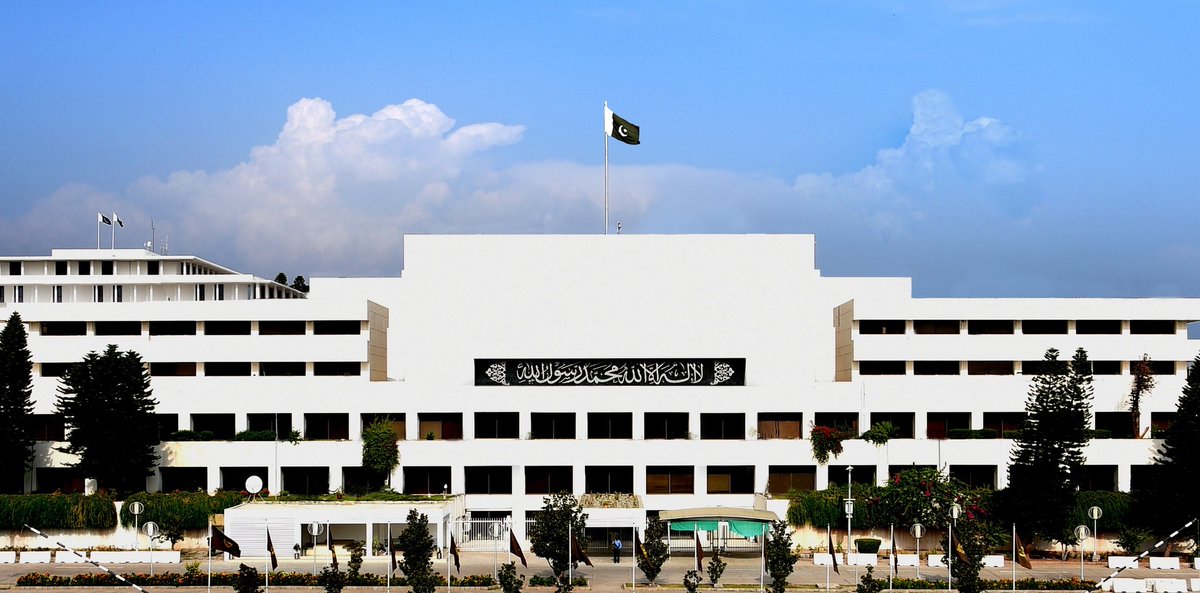
The National Assembly (“Pakistan lower house”) is the lower legislative house of the bicameral Majlis-e-Shura, which also comprises the Senate of Pakistan (upper house). The National Assembly and the Senate both convene at Parliament House in Islamabad. The National Assembly is a democratically elected body consisting of a total of 336 members, before 25th amendment they used to be 342 who are referred to as Members of the National Assembly (MNAs), of which 272 are directly elected members and 70 reserved seats for women and religious minorities. A political party must secure 137 seats to obtain and preserve a majority.
Members are elected through the first-past-the-post system under universal adult suffrage, representing electoral districts known as National Assembly constituencies. According to the constitution, the 70 seats reserved for women and religious minorities are allocated to the political parties according to their proportional representation.
Each National Assembly is formed for a five-year term, commencing from the date of the first sitting, after which it is automatically dissolved. Currently the National Assembly can not be dissolved by the President of Pakistan; it is dissolved by the Prime Minister of Pakistan.
Election for 13th National Assembly was held on 18 February 2008. New session of National Assembly was started from March 2008. On 17 March 2013, 13th National Assembly was dissolved on completion of its five-year term under Article 52 of the constitution. 2013 Pakistani general election (for the 14th National Assembly) was held on 11 May 2013. Members of 14th National Assembly took oath on 1 June 2013. The 14th National Assembly dissolved on 31 May 2018 upon completing its 5-year term under Article 52 of the constitution. The 15th National Assembly of Pakistan took their oath on 13 August 2018
The first session of the first Constituent Assembly of Pakistan was held on 10 August 1947 at Sindh Assembly Building, in Karachi. On 11 August 1947, Quaid-i-Azam Muhammad Ali Jinnah was elected unanimously as the President of the Constituent Assembly of Pakistan and the National Flag was formally approved by the Assembly.
According to The Constitution
The Speaker of the House is the presiding officer of the National Assembly. The speaker is assisted by the Deputy Speaker. Both officers are elected from within the ranks of the National Assembly and, by current convention, are usually members of the majority party. The election of the two officers is the first matter an incoming National Assembly deals with, as mandated by the constitution. Apart from presiding over National Assembly debates, the Speaker may also assume the duties of Acting President, if the position is vacant (in case the President as well as Chairman Senate are not available).
The current Speaker and Deputy Speaker are Asad Qaiser (PTI) and Qasim Suri (PTI), respectively.